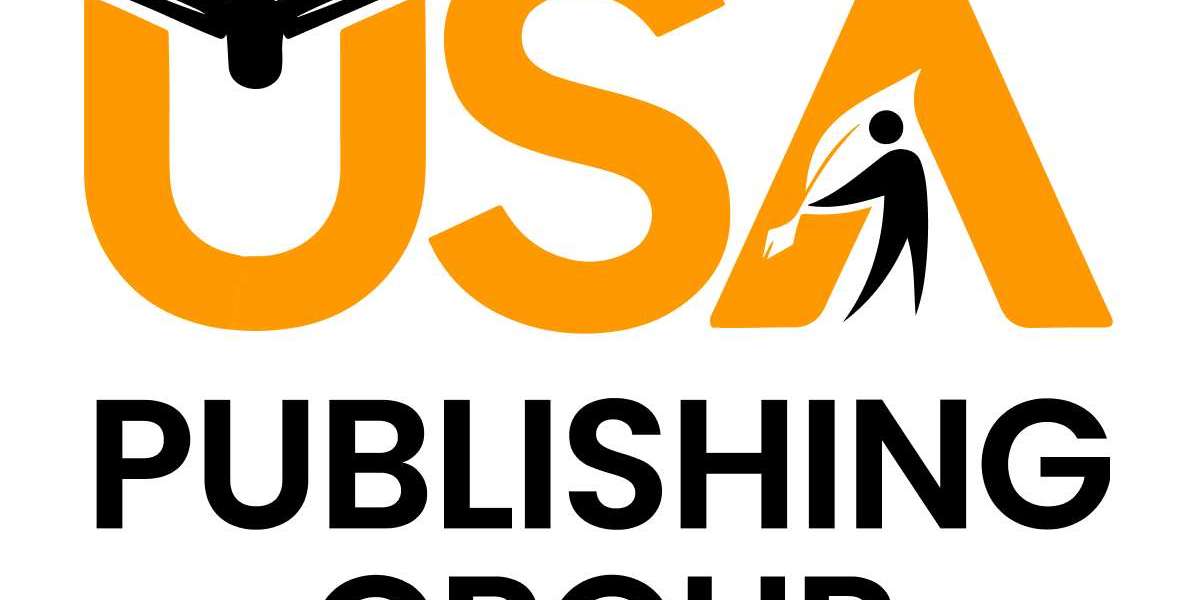One of the biggest dreams for many independent authors is to see their books on the shelves of real bookstores and public libraries. While self-publishing gives you control, reaching retail and institutional channels requires strategic steps, quality assurance, and the right distribution partners.
In this guide by USA Publishing Group, we’ll walk you through proven strategies that help self-published authors build credibility and gain placement in bookstores and libraries across the United States.
1. Understand How Bookstores and Libraries Select Books
Why Selection Matters
Bookstores and libraries rely on distribution catalogs, reviews, and industry databases like Ingram to source titles. They focus on professional presentation, reliable supply, and demand potential.
What They Look For
A professional ISBN, industry-standard formatting, strong metadata, and quality cover design are essential to catch their attention.
2. Use a Reliable Distributor
Why Distribution Is Key
Most bookstores and libraries prefer to order through wholesalers like IngramSpark, Baker & Taylor, or Draft2Digital. These distributors make your title easily discoverable in retail systems.
Partner with the Right Experts
At USA Publishing Group, we guide authors through professional distribution setup, ensuring your book meets all industry requirements.
3. Ensure Your Book Meets Professional Standards
Editing and Formatting
Libraries and retailers expect polished, error-free books. Professional editing and interior design enhance credibility.
Cover Design That Sells
A bookstore-quality cover increases sales potential. Explore our Portfolio to see examples of titles that have achieved wide distribution.
4. Register for ISBN and Metadata
Why ISBNs Matter
Your ISBN identifies your book globally. It’s a requirement for retail and library catalogs.
Optimize Metadata
Include accurate categories, keywords, and descriptions. Metadata determines how your book appears in searches and databases.
5. Price Your Book Competitively
Pricing for Retail
Bookstores expect standard trade discounts (usually 40–55%) and a returnable option. These make your title more attractive to buyers.
Balancing Profit and Market Appeal
Research competing titles and adjust your pricing to match reader expectations while keeping margins sustainable.
6. Leverage Reviews and Media Exposure
Why Reviews Matter
Book buyers trust reviews from credible sources like Kirkus or online platforms such as Goodreads.
Gather Reader Feedback
Positive reader feedback builds momentum. Check our Testimonials to see how real authors have gained visibility through our marketing support.
7. Approach Local Bookstores First
Start Local, Grow Global
Independent bookstores love supporting local authors. Offer a signed copy or host a reading event to build relationships.
Create a Professional Pitch
Prepare a one-page sell sheet that includes your book’s ISBN, pricing, distributor information, and reviews.
8. Get Listed in Library Databases
How Libraries Acquire Books
Libraries often order through distributors or OverDrive for eBooks. Ensure your title is listed in those catalogs.
Promote to Library Networks
Join author networks and library associations to showcase your work directly to acquisitions teams.
9. Market Your Book to Increase Demand
Why Marketing Drives Shelf Space
Retailers and libraries prioritize books with growing demand. Ongoing marketing builds that momentum.
Digital and Traditional Marketing Mix
Combine online promotion with physical outreach. USA Publishing Group offers targeted campaigns that help authors gain exposure across multiple channels.
10. Maintain Professional Relationships
Follow Up Professionally
Send polite updates to store managers or librarians. Thank them for their support and share any new achievements.
Stay Consistent
Consistency builds trust. Long-term relationships often lead to better shelf placement and recommendations.
Conclusion: Getting Your Book on the Shelf
With the right strategy, persistence, and professional presentation, self-published authors can successfully place their books in bookstores and libraries. It’s about more than distribution it’s about credibility, relationships, and marketing.
At USA Publishing Group, we support authors from manuscript to shelf. Our team helps with editing, design, ghostwriting, and professional marketing to ensure your book stands out in every channel.








